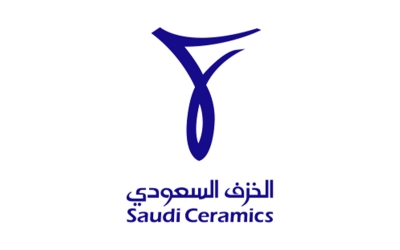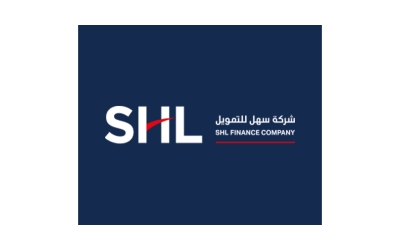
The National Seed and Agriculture Services Company (BUTHOR) is a limited liability company established in 1987 to meet the market demand in the Kingdom of Saudi Arabia for wheat and barley seeds, thereby reducing the need for their importation from abroad. The company was founded through an agreement between businessmen and major companies including the National Agricultural Development Company (NADEC), Hail Agricultural Development Company (HADCO), Tabuk Agricultural Development Company (TADCO), and Qassim Agricultural Company. The company's headquarters are located in Riyadh City.
Background of the National Seed and Agriculture Services Company
The National Seed and Agriculture Services Company expanded in 2008, following its acquisition of an agricultural project in al-Jawf Province. It diversified its income sources by expanding into the cultivation of other agricultural products such as vegetables and olives, while continuing to provide wheat seeds to farmers.
Projects of the National Seed and Agriculture Services Company
The National Seed and Agriculture Services Company operates through four projects, with its first project, the Nurseries Project, established in Qassim Province in 2009. This project focuses on cultivating ornamental plants, vegetables, and fruits, providing seedlings to farmers to meet local demand. The Nurseries Project expanded its land in 2014, increasing its production capacity to twenty million seedlings annually.
The Seed Processing Site Project located in Buraydah City, Qassim Province, strived to meet the needs of farmers with a daily capacity of up to 150 t. The station packages its products using production lines tailored to its customers.
The third project involves wheat seeds cultivated in its lands in al-Jawf Province. It produces certified bread wheat seeds called (First Generation) under the Yecora Rojo classification, which is one of the highest quality wheat varieties grown in the Kingdom for over twenty-five years using center-pivot irrigation systems. These seeds and germplasms are registered with international specifications, emphasizing that they are free from defects and fungal diseases. After harvesting, the seeds are transported for processing at the Buraydah plant.
In its latest project, the company began its olive farming venture in al-Jawf Province in 2016. In the same year, it planted around 150,000 olive trees, and over the following three years, it continued to expand its olive cultivation using intensive farming techniques. By 2019, the number of olive trees reached six hundred thousand. The company utilized Arbosana and Arbequina olive tree varieties for this project.
Related quizzes
Related articles

